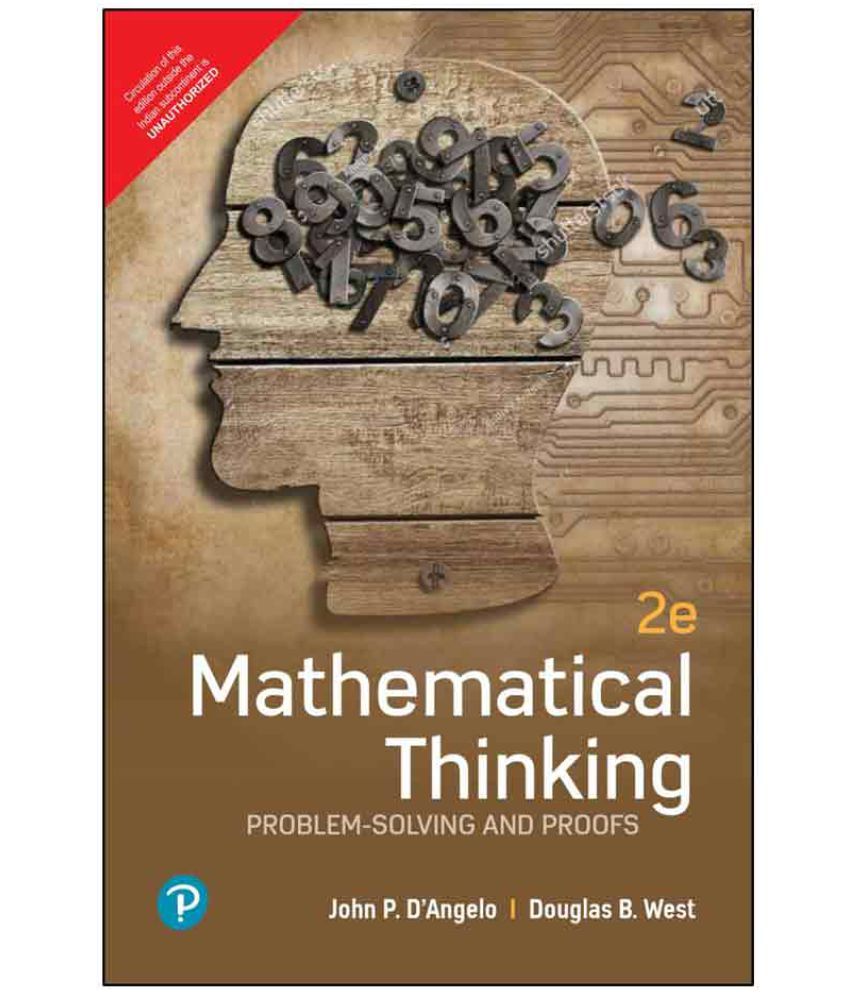Something went wrong. Please refresh the page and try again.
Something went wrong. Please refresh the page and try again.
Notifications can be turned off anytime from settings.
Item(s) Added To cart
Qty.
Something went wrong. Please refresh the page and try again.
Something went wrong. Please refresh the page and try again.
Exchange offer not applicable. New product price is lower than exchange product price
Please check the updated No Cost EMI details on the payment page
Exchange offer is not applicable with this product
Exchange Offer cannot be clubbed with Bajaj Finserv for this product
Product price & seller has been updated as per Bajaj Finserv EMI option
Please apply exchange offer again
Your item has been added to Shortlist.
View AllYour Item has been added to Shopping List
View All

No Cost EMI of Zero Emi Vendor applied on the product
You selected EMI of for monthsChangeGenerally delivered in 6 - 10 days
Item is available at . Change
You will be notified when this product will be in stock
| ||||||||||||||
This text is designed to prepare students thoroughly in the logical thinking skills necessary to understand and communicate fundamental ideas and proofs in mathematics—skills vital for success throughout the upperclass mathematics curriculum. The text offers both discrete and continuous mathematics, allowing instructors to emphasize one or to present the fundamentals of both. It begins by discussing mathematical language and proof techniques (including induction), applies them to easily-understood questions in elementary number theory and counting, and then develops additional techniques of proof via important topics in discrete and continuous mathematics. The stimulating exercises are acclaimed for their exceptional quality.
Features
Emphasis on understanding rather than manipulation—Stresses full comprehension rather than rote symbolic manipulation for mastery of proof techniques and mathematical ideas.
Engaging examples—Interesting applications introduce and motivate the underlying mathematics.
Hints for selected exercises—Provides immediate hints for some exercises and hints for others in an appendix.
Superior exercise sets—Offers over 850 exercises ranging from relatively straightforward applications of ideas in the text to subtle problems requiring some ingenuity.
Gradation of exercises—Distinguishes easier exercises by (—), harder by (+), and particularly valuable or instructive exercises by (!).
About the Author
John D'Angelo-Vice President of Facilities Management at Northwestern University.Douglas West is a professor of graph theory at University of Illinois at Urbana-Champaign.
Table of Contents:
PART I. ELEMENTARY CONCEPTS.
Chapter 1. Numbers, Sets and Functions.
Chapter 2. Language and Proofs.
Chapter 3. Induction.
Chapter 4. Bijections and Cardinality.
PART II. PROPERTIES OF NUMBERS.
Chapter 5. Combinatorial Reasoning.
Chapter 6. Divisibility.
Chapter 7. Modular Arithmetic.
Chapter 8. The Rational Numbers.
PART III. DISCRETE MATHEMATICS.
Chapter 9. Probability.
Chapter 10. Two Principles of Counting.
Chapter 11. Graph Theory.
Chapter 12. Recurrence Relations.
PART IV. CONTINUOUS MATHEMATICS.
Chapter 13. The Real Numbers.
Chapter 14. Sequences and Series.
Chapter 15. Continuous Functions.
Chapter 16. Differentiation.
Chapter 17. Integration.
Chapter 18. The Complex Numbers.
The images represent actual product though color of the image and product may slightly differ.
Mathematical Thinking: Problem-Solving and Proofs| Second Edition | By Pearson
Rs. 486
Register now to get updates on promotions and
coupons. Or Download App